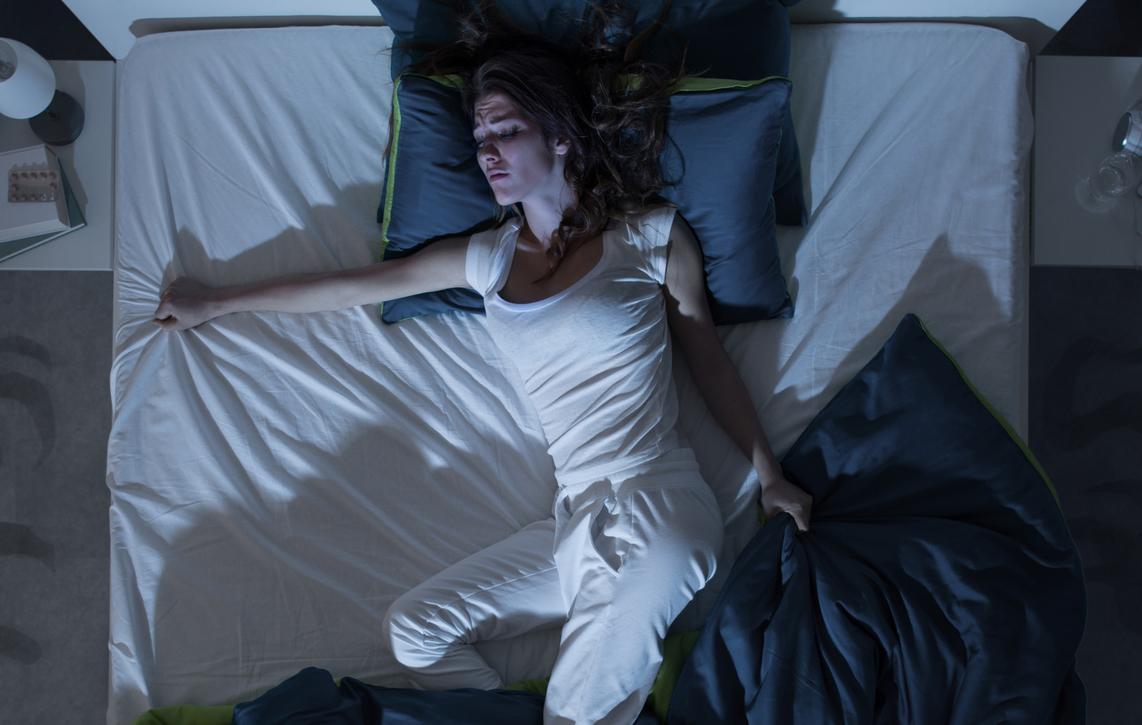Feeling life has meaning leads to better night's sleep, study finds
The findings could help to cut reliance on sleeping pills for treating conditions such as insomnia, researchers say

Your support helps us to tell the story
From reproductive rights to climate change to Big Tech, The Independent is on the ground when the story is developing. Whether it's investigating the financials of Elon Musk's pro-Trump PAC or producing our latest documentary, 'The A Word', which shines a light on the American women fighting for reproductive rights, we know how important it is to parse out the facts from the messaging.
At such a critical moment in US history, we need reporters on the ground. Your donation allows us to keep sending journalists to speak to both sides of the story.
The Independent is trusted by Americans across the entire political spectrum. And unlike many other quality news outlets, we choose not to lock Americans out of our reporting and analysis with paywalls. We believe quality journalism should be available to everyone, paid for by those who can afford it.
Your support makes all the difference.The secret to a good night's sleep is having a good reason to get out of bed in the morning, new research suggests.
A sense of purpose in life improves quality of sleep, reduces disturbances and decreases the likelihood of disorders such as insomnia, a study found.
Neurologists who carried out the research at Northwestern University in Chicago said their findings could cut reliance on sleeping pills in favour of "mindfulness therapies".
The study's 823 participants answered a 10-question survey on purpose in life, rating their responses to statements such as: "I feel good when I think of what I've done in the past and what I hope to do in the future."
They also answered 32 questions on sleep.
People who felt their lives had meaning enjoyed moderately better sleep quality and were less likely to suffer sleep apnea, a disorder which causes shallow breathing and interrupts rest.
They were also less troubled by restless leg syndrome, which is typically worse at night.
Participants in the study were aged between 60 and 100 and had an average age of 79.
Researchers focused on older people because sleep quality deteriorates with age, but said the findings were likely to be applicable to the wider public.
"Helping people cultivate a purpose in life could be an effective drug-free strategy to improve sleep quality, particularly for a population that is facing more insomnia," said the study's lead author Jason Ong, associate professor of neurology.
"Purpose in life is something that can be cultivated and enhanced through mindfulness therapies."
The study was published in the journal Sleep Science and Practice.
Researchers said the next step will be to study the use of therapies to target purpose in life and resulting sleep quality.
Join our commenting forum
Join thought-provoking conversations, follow other Independent readers and see their replies
Comments